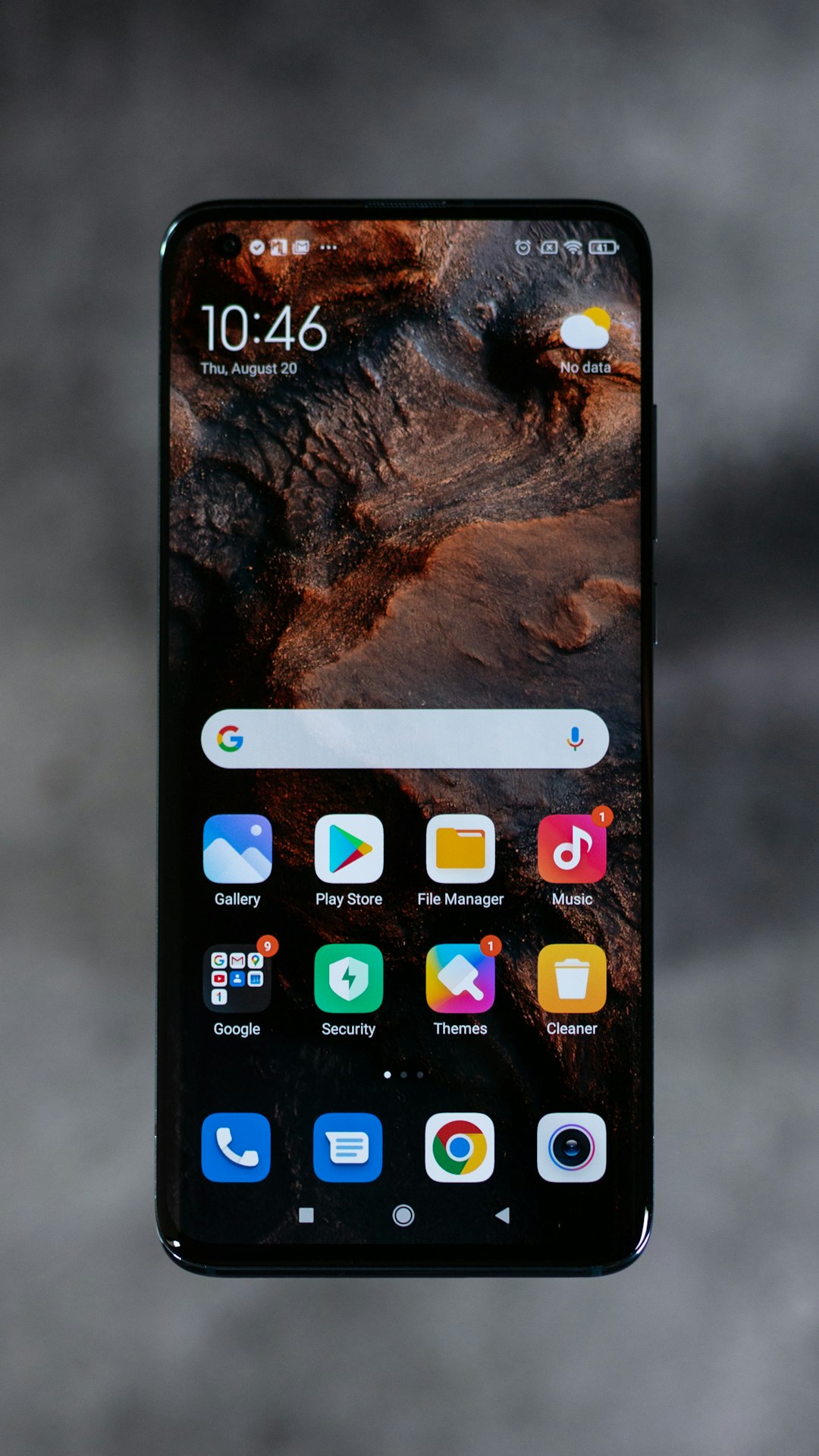Spam calls, regulated by the Telephone Consumer Protection Act (TCPA) in Minnesota, significantly impact businesses, especially retailers. To combat this, individuals and companies can seek legal assistance from a Spam Call Law Firm Minnesota or Spam Call Lawyers Minnesota. Retailers should stay informed about TCPA laws, implement protective measures like call blocking technologies, encourage customers to register on 'Do Not Call' lists, and use reputable apps. These strategies protect business rights and potentially seek legal remedies against spam callers.
In the digital age, Minnesota’s retail industry faces an increasingly common and unsettling foe: spam calls. These unwanted telephone solicitations not only disrupt business operations but also pose significant legal risks under Minnesota’s strict Telephone Consumer Protection Act (TCPA) regulations. This article guides retailers through understanding spam calls from a legal perspective, outlines their impact on the sector, offers mitigation strategies, and highlights effective solutions available to Minnesota businesses, including resources from top-tier spam call law firms and lawyers specializing in TCPA cases. Learn how to stop spam calls in Minnesota and protect your business today.
Understanding Spam Calls: The Legal Perspective in Minnesota

Spam calls, characterized by unsolicited and repetitive phone marketing, have become a pervasive issue in Minnesota, affecting businesses across various sectors, particularly the retail industry. Understanding the legal perspective is crucial for both consumers and retailers looking to mitigate this problem. In Minnesota, the Telephone Consumer Protection Act (TCPA) serves as the primary legislation combating spam calls. This federal law restricts automated telephone marketing and requires prior consent from recipients for text messages or prerecorded calls.
To Stop Spam Calls Minnesota, individuals and businesses have legal avenues. A Spam Call Law Firm Minnesota or Spam Call Lawyers Minnesota can guide victims through the process of filing a complaint with the Federal Communications Commission (FCC) or taking legal action against perpetrators. The FCC offers resources and enforces TCPA regulations, ensuring compliance and providing relief to those affected by spam calls. For retailers, staying informed about these laws is essential, as they can take proactive measures like implementing call blocking technologies or verifying customer consent to protect themselves and their customers from the nuisance and potential financial losses associated with spam calls.
The Impact on Retail Businesses: Strategies for Mitigation

Spam calls have become a significant nuisance and a costly challenge for retail businesses in Minnesota. These unwanted phone communications, often promotional or fraudulent in nature, can disrupt operations, hinder customer service, and lead to revenue loss. The constant barrage of spam calls can frustrate employees, affecting their productivity and overall morale, especially when they are tasked with handling these calls instead of assisting customers.
To combat this issue, several strategies can be implemented. Retailers can start by educating themselves and their staff about the Telephone Consumer Protection Act (TCPA) and Minnesota’s spam call laws to understand their rights and available remedies. Installing call blocking and filtering technologies can significantly reduce the volume of spam calls received. Additionally, encouraging customers to register on ‘Do Not Call’ lists and utilizing reputable call-blocking apps are effective measures. Engaging with a spam call law firm or hiring lawyers specialized in TCPA cases in Minnesota can also help businesses protect their rights and potentially seek legal remedies against persistent spam callers.
Effective Solutions and Resources for Minnesota Businesses to Combat Spam Calls

Minnesota businesses, especially those in the retail sector, face a growing challenge from spam calls, which can significantly impact their operations and customer experience. However, there are effective strategies to combat this issue. One crucial step is to familiarize oneself with the Telephone Consumer Protection Act (TCPA), a federal law that regulates telemarketing practices, including spam calls. Engaging the services of a reputable spam call law firm Minnesota or spam call lawyers Minnesota can provide businesses with legal guidance and assistance in navigating the TCPA. These professionals can help implement solutions to block and prevent spam calls, ensuring compliance with the law.
Additionally, adopting robust anti-spam call measures is essential. Minnesota businesses should consider investing in call blocking technology and services that use advanced algorithms to identify and filter out spam calls. Implementing do-not-call lists and ensuring customer consent for marketing calls can also be effective. Regularly reviewing and updating these practices will help keep pace with evolving spamming techniques, providing a comprehensive defense against unwanted calls.






